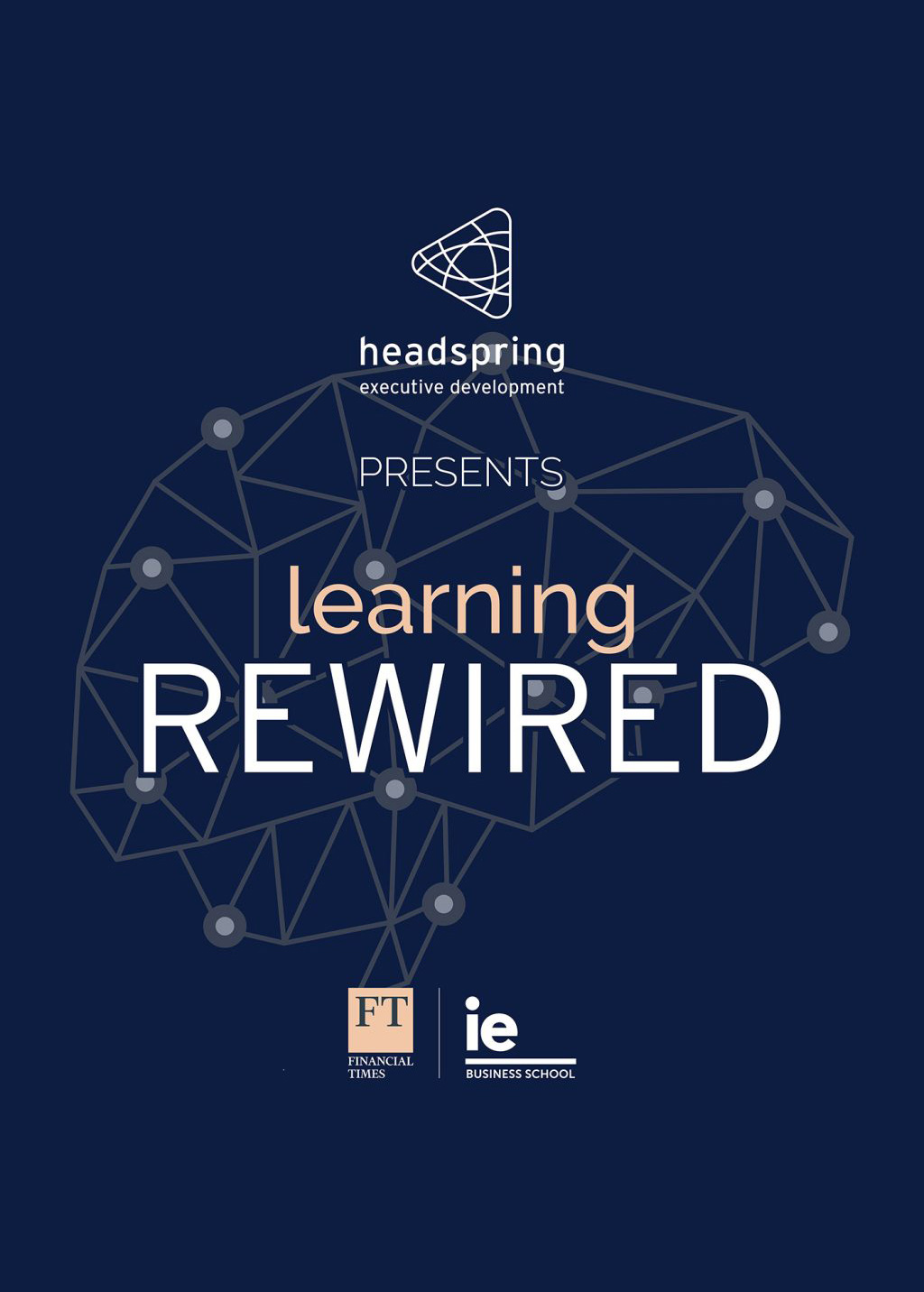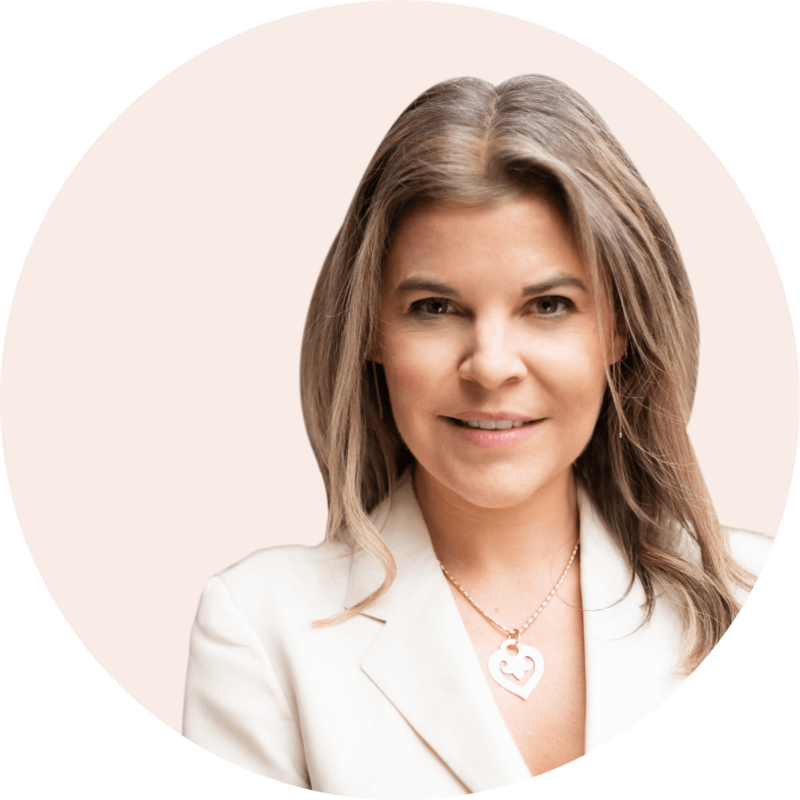Meet our Guest Marika Messager
Marika Messager is a Conscious Leader, consultant and change architect unlocking the genius in the most successful business leaders in the UK and internationally, elevating individuals, businesses and the global community into a new paradigm of positive and purposeful impact.
Marika combines strategic thinking and business awareness with spiritual and emotional intelligence. She brings her solid business experience as a lauded corporate leader in the financial markets, where she was recognised as one of the industry’s most successful equity sales professionals. Making it to the 7-figure annual compensation at the age of 31 – the year she gave birth to her son – by the age of 33, Marika was appointed as one of the youngest female sales managers with 40 people across Europe under her supervision. Her success led her to realise what was missing from her own career and the corporate world: Conscious Leadership.
Learn more about Marika Messager 
